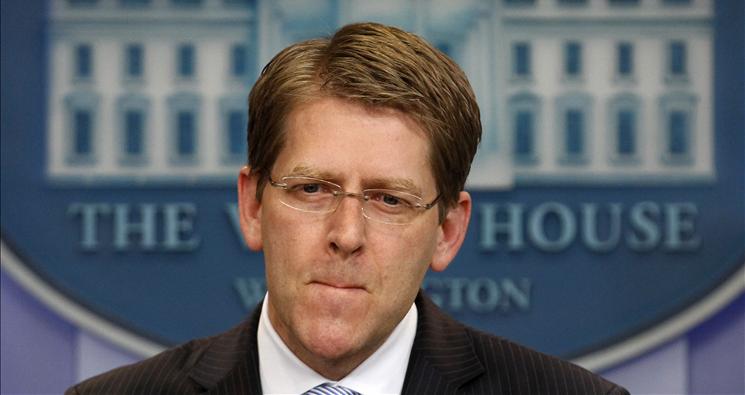Executive Privilege: What Does the Case Law Say?
President Obama’s assertion of executive privilege over certain Fast and Furious-related documents generated in the aftermath of a now-famous (and inaccurate) February 4, 2011 letter to Congress that misstated the nature and extent of the gunrunning program has profound political and legal implications.
The political implications are fairly clear. It’s a real scandal now. For two years Fox News, conservative journalists, and conservative congressmen have been doggedly chasing down the scandal – uncovering the grotesque actions that led to the death of an American border patrol agent, the death of multiple Mexican citizens, and hundreds of weapons in the hands of vicious Mexican drug cartels. The Mainstream Media has been largely silent, and millions of Americans think of “Fast and Furious” as Vin Diesel movie and not a Washington scandal.
That’s about to change. The President’s direct intervention elevates the scandal to a level where the MSM will be compelled to follow – and does so in the midst of a presidential campaign.
But what about the law? The President’s action was politically scandalous, but is it also a legal scandal?
One of the best cases for understanding the privilege is In re Sealed Case, a 1997 D.C. Circuit decision arising out of investigations of former Clinton Secretary of Education Mike Espy. Without going too far into the weeds of the case, the Clinton White House withheld eighty-four documents from the Office of the Independent Counsel on the basis of “executive/deliberative privilege.”
The Court outlined two primary forms of executive privilege: the “deliberative process privilege” and the “presidential communications privilege.” It appears that President Obama is relying on the “deliberative process privilege,” the most common form of executive privilege assertion.
The deliberative process privilege “allows the government to withhold documents and other materials that would reveal ‘advisory opinions, recommendations, and deliberations comprising part of a process by which governmental decisions are formulated.’” It does not apply only to communications with the President himself.
To qualify for the privilege, “the material must be predecisional and it must be deliberative.” Those requirements “stem from the privilege’s ultimate purpose, which is to prevent injury to the quality of agency decisions by allowing government officials the freedom to debate alternative approaches in private.”
Even if a document qualifies for the privilege, the privilege can be overcome by a sufficient showing of need. As the D.C. Circuit helpfully states, “This need determination is to be made flexibly on a case-by-case, ad hoc basis.” Well, it’s not entirely ad hoc. Courts can consider, “the relevance of the evidence,” “ the availability of the evidence,” the “seriousness of the litigation,” the “role of the government,” and the “possibility of future timidity by government employees.” There is also this important qualifier: “[W]here there is reason to believe the documents sought may shed light on government misconduct, the privilege is routinely denied . . .”
What does this all mean? As a practical matter, if this matter goes to court, the unique circumstances of this case present a serious challenge for the President. Specifically, Attorney General Holder specifically asked that the privilege encompass “documents from after February 4, 2011, related to the Department’s response to Congress.” Why does this present a challenge? Because on February 4th the Department of Justice – by its own admission – provided false information to Congress.
Does this event provide “reason to believe the documents may shed light on government misconduct?” Certainly. Does that mean that the privilege will be denied as “routinely” as other, similar privilege assertions have been denied?
Well, that’s up to the “ad hoc” judgment of the courts.
